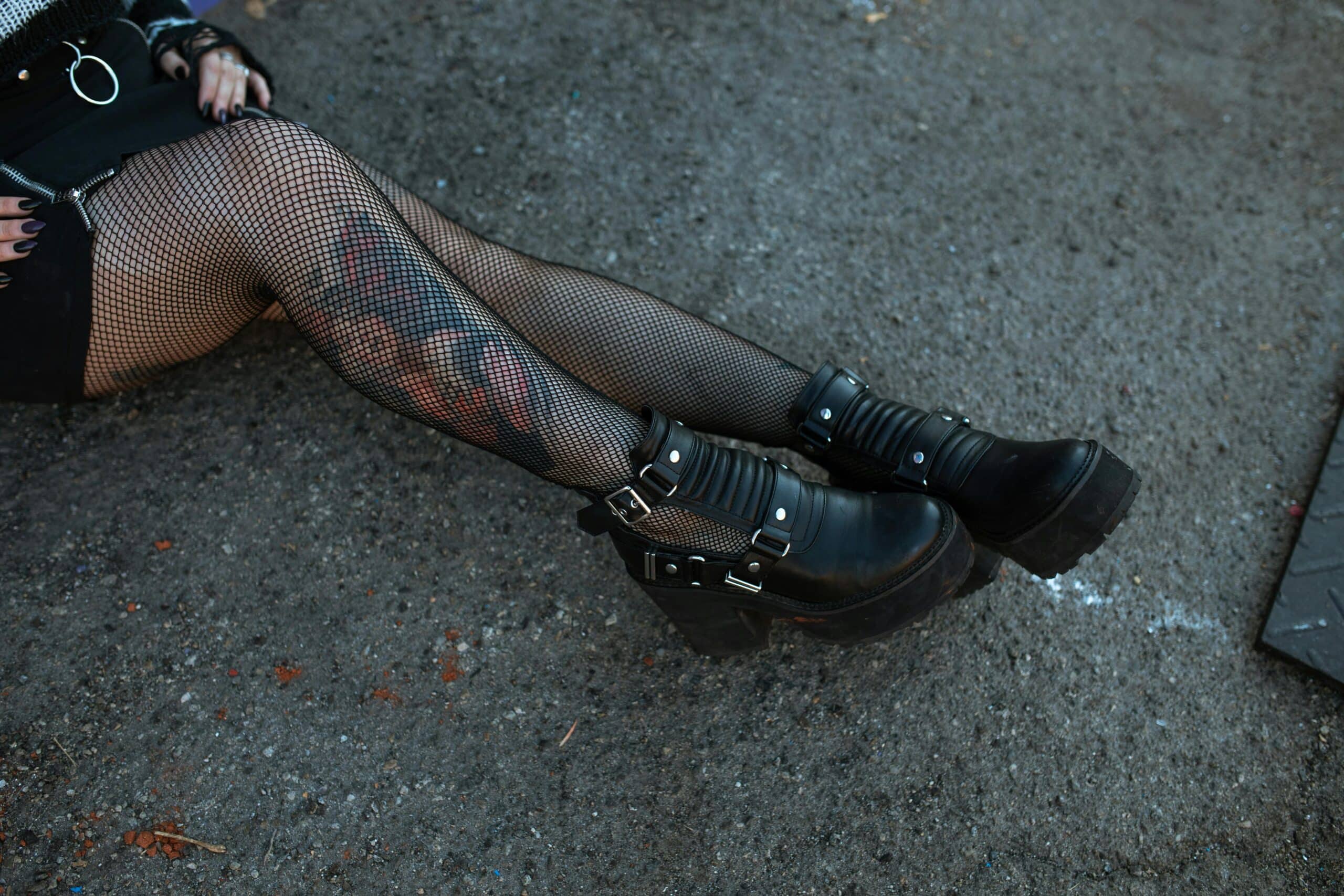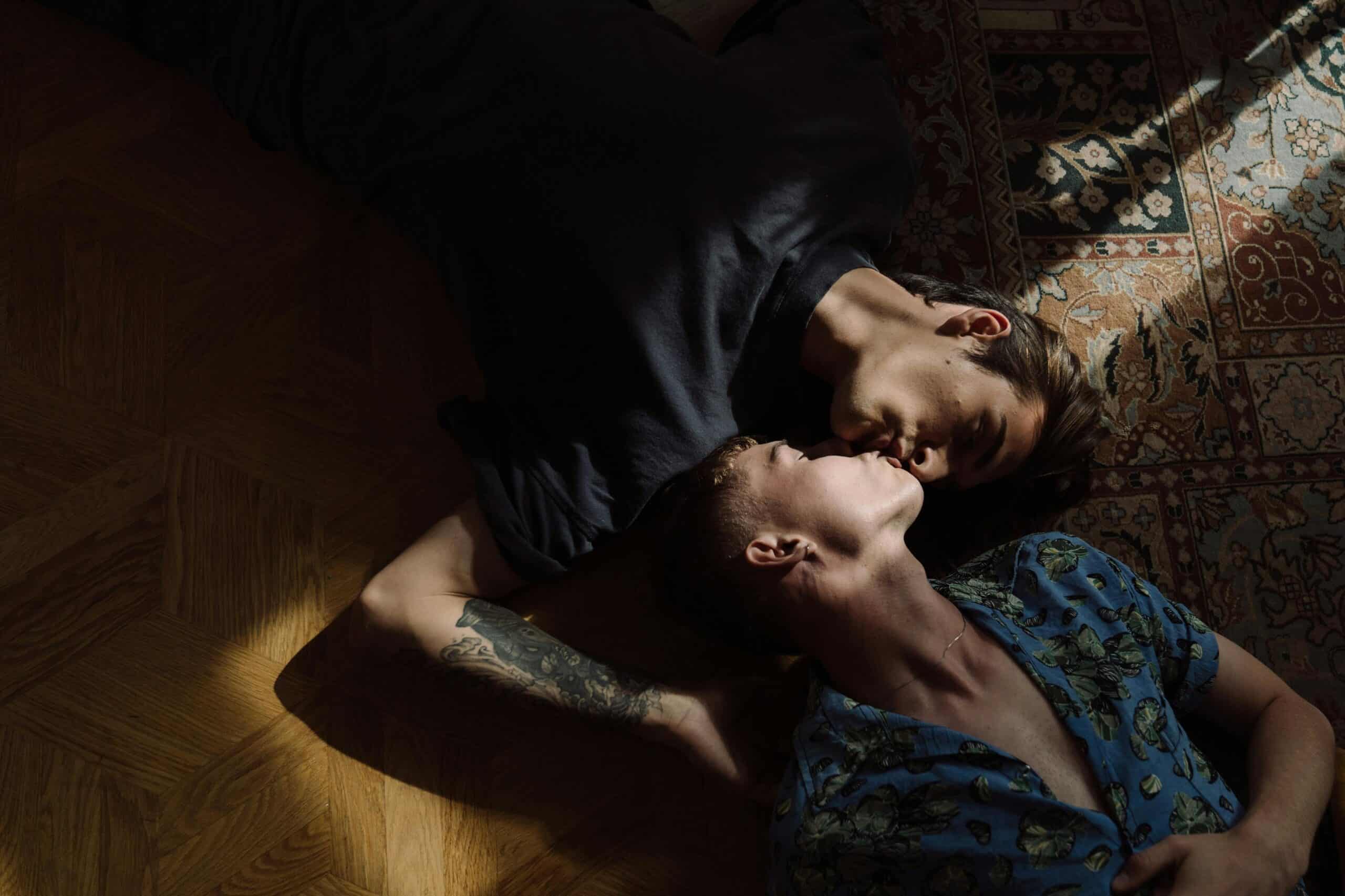
Here at Taimi, we have worked with researchers and users of the Taimi app by surveying them. Through this survey, we hoped to learn exactly how users were using the app and whether the app was influencing our users to explore their identity in different ways.
We believe that it is important that dating apps that are made for the LGBTQ+ community, such as Taimi, can support those who may be questioning their identity. As well as those who are going through a process of self-discovery. Which is why we ask the question, “Are queer people facing roadblocks when it comes to adjusting their identity markers and living authentically?” Through this article, we will look into the answer to that question, as well as explore the factors that may impact that answer.
Stability: The Good And Bad
With the help of our researchers, we surveyed Taimi users to discover if they used the app in order to explore their identities. We received a total of 1362 responses which became our sample group that we used to represent the community as a whole. Overall the results rejected the common notion amongst non LGBTQIA+ members that those in the community are confused, curious, or simply just experimenting.
Those who are queer remain queer, and maintain their identity markers. However, there is a nuance amongst those in the community to explore aspects of identity related to sexuality or gender identity. According to our survey, while the numbers did vary from identity to identity, the numbers showed that overall, 55.98% of our users who took the survey did not use the app to explore aspects of their sexuality. 20.68% of the users who took the survey stated that they used the app to explore their identity somewhat. While 23.34% of those who took the survey stated that they did use the app to explore their identity.
These numbers are, of course, based on averages showcased across the board; however, there is still significance here. These numbers may showcase a fear of exploration and evolution in one’s understanding of their identity. If this is the case there are many different ways society as well as the nuances within the community that contribute to this factor.
Low-Hanging Fruit – Fear of Judgment From Straights
In our collective society, homophobic ideations run rampant amongst those who are not part of the LGBTQ+ community. Which leads to many people avoiding exploring their identity, or leads to them becoming stuck with identities that don’t truly fit them because they fear the potential judgment of their straight friends, family, and peers. This fear of judgement and invalidation causes many members of the community to either stay in the closet or to stick with an identity that may not fit them. Simply put, remaining static in one’s identity and sexuality may be the result of wanting to avoid being stereotyped as flaky, confused, or attention-seeking.
Queer Community Gatekeeping
Another factor that might contribute to this lack of exploration is the gatekeeping within the community. Many newly out members of the community may feel like they don’t belong because of a myriad of factors. They may not fit the qualifications of being queer enough to be accepted, they could be in a straight passing relationship, or harmful accusations could be thrown at those who switch their identities while still going through the process of figuring out who they are.
The expectations that come from those who are established in the community, as well as stereotypes of what being an authentic queer person may look like are factors that can make it hard for many to explore themselves further. It can also lead to feelings of shame, as well as the experience of imposter syndrome which can prevent those who truly need an accepting community from finding it. Acceptance and lip service often go hand in hand, however these points are merely proof that there is truly a lot of work to be done within the queer community as a whole.
What Are The Costs?
The inability to be flexible with your sexuality, and feeling unable to explore your identity in a number of ways can have a lot of detrimental effects on a person’s mental health. They may feel some form of internalized shame because they may feel as though they are lying about who they are because they haven’t had a chance to really understand what they are attracted to. A person who is unable to explore their sexuality may also exhibit dysfunctional and harmful behaviors while they are dating. Which could result in them selecting partners based not on who they want to date but on who they believe others will want to see them dating.
They may feel as if they don’t truly belong with the community, and may even lack the ability to connect with others in the community. They may also, in the lack of being able to explore and discover who they really are, lose the opportunity to really connect with others who share the same traits and identities as they do. All of these factors combined create more rigid spaces in a community that is supposed to be built upon a spectrum. This gives less space for those who have more diverse and intersectional experiences, connections, and levels of attraction.
Reframing How We Look at Stability And Evolution
Humans are complex creatures that live in a constant never ending spectrum of experiences, identities, and more. As humans, we tend to find comfort in stability, and being able to make sense of the world around us. The presence of this stability also helps to disprove many of the negative stereotypes about those who are a part of the LGBTQ+ community.
However, the evolution of sexuality and gender identity does not take away from the positives that stability brings. In fact the ability to explore and evolve and actively help people find their own form of stability. Rather than thinking of these things as arguments that are for or against each other. Think of it more as a way to indicate that people can change and evolve while still remaining authentic.





